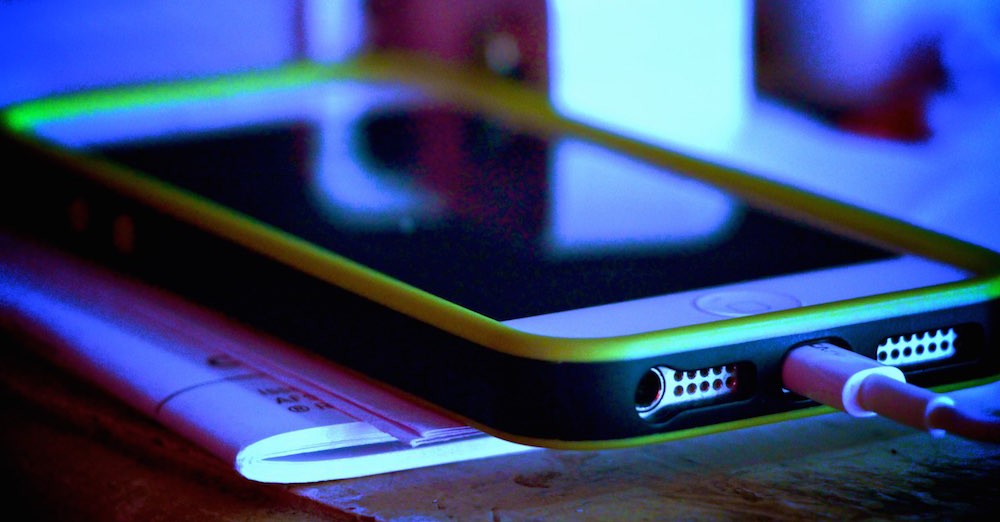We use them to store our selfies, our class notes and our friends’ birthdays. We write our grocery lists, tax information and travel details in their convenient apps. We keep them in our pockets.
Our iPhones, what we trust the most, now seem to be a lot less secure.
Apple Inc. and the Federal Bureau of Investigation (FBI) were locked in a heated legal debate over whether the iPhone manufacturer should assist the federal government in “breaking in” to the iPhone owned by a terrorist involved in the San Bernardino terror attack.
The federal government wanted to force Apple to create new software without its encryption security feature so that FBI agents could read messages sent and received by the terrorist’s iPhone.
Now, the FBI says it doesn’t need Apple’s help.
On March 28, the federal agency announced that it had successfully accessed the sought-after iPhone data, and officially withdrew all legal action against the tech giant. But the FBI says it didn’t do the job alone; it had help from a “third party”.
The Apple vs. FBI battle was set to be a drawn-out public debate, with high stakes and input from all sides. For now, it’s over, but our personal data’s legal security remains in a gray area.
The lack of established legal protection for our private messages, selfies and tax information means that agencies, such as the FBI and National Security Administration- and others with less noble intentions- will likely look to access data behind closed doors. For Millennials, this could prove to be a real struggle.
Those born in the 1980s and 90s kids store more of their personal data on mobile devices and laptops than any other group. And more personal data stored means more that can be accessed.
According to a 2014 Nielsen poll, Millennials are the most likely age group in the U.S. to own a smartphone, at 85 percent. Millennials also use their phones for the broadest range of functions, from shopping, to listening to music, to recording themselves.
And the more ways that Millennials use phones, the more types and connections of data exist on phones and servers.
To be clear, Millennials are not sharing and storing so much of their personal information because they naively think it is secure. Even though Millennials liberally communicate and store their information online, they don’t trust its security.
A 2015 Intercede Research survey of 18 to 35-year-olds across the U.S. and U.K. found that just 20 percent of respondents had “complete trust” in their national government to not seek their digitally-stored personal information.
Interestingly, young people seem to trust the government more than the private sector. Only 13 percent of Millennials have total trust in employers not to snoop, and just 4 percent in telecom companies such as AT&T or Verizon.
For young people, Big Business seems more threatening than Big Brother.
Perry Donham, Boston University Computer Science Professor and personal data security advocate, thinks that’s a problem.
“I don’t think that Millennials have an overriding sense of privacy,” Donham said.
Donham noted that Millennials are so accustomed to freely accessing and sharing information, they don’t expect their personal information to be secure.
“If people are going to see it anyways, why should I bother hiding it,” Donham said, summarizing his interpretation of the Millennial thought process.
But why should Millennials be concerned about the FBI breaking into a terrorist’s phone? Most people, after all, have nothing to hide.
“That’s like the mantra of the Millennial- ‘I have nothing to hide’” Donham said, laughing.
Donham noted that in his lifetime, there has been significant change in technological advancement and the perception of what should be private. But Donham said just in the last 15 years, information sharing and storage has been fundamentally changed by technology.
In Donham’s eyes, it may not be a bad idea to look back on a world without smart phones, and a society that hadn’t been shaken by 9/11.
“I think Millennials should at least think about how the world has changed since they were children,” Donham said.
And the federal government’s attempts to coerce Apple into creating insecure software are not over. On April 8, the Justice Department emphasized that it will still seek Apple’s help in opening another iPhone owned by a drug suspect.
Apple’s resistance to the federal government’s demands are not over either. Apple remains skeptical of the FBI’s intentions and is wary of creating software that could be abused, according to The Wall Street Journal.
Even if the FBI only seeks to open the phones of suspected terrorists on a case-by-case basis, we may not be totally exempt from the debate of personal information security. If Apple creates unprotected software that allows phones to be cracked, then it could theoretically be demanded and used by other agencies, foreign governments, or stolen by anyone with the means to steal it.
Donham said that Millennials should at least consider whether they are comfortable with their information being accessed, whether by their friends, strangers, corporations or governments.
“What would the world be like, if nothing truly were hidden?”




